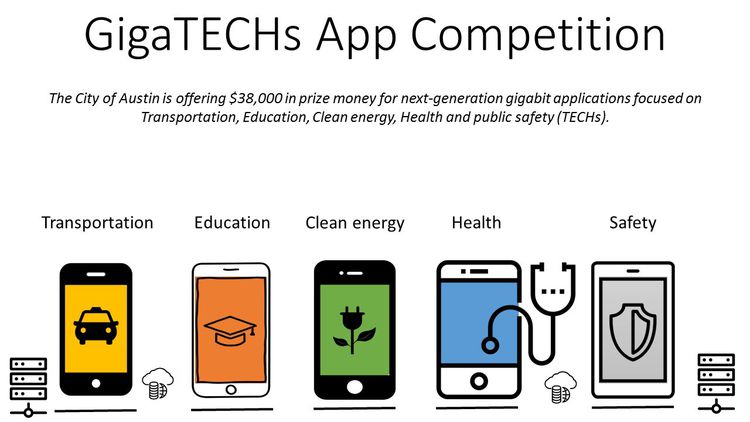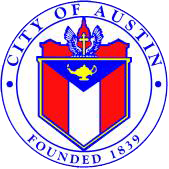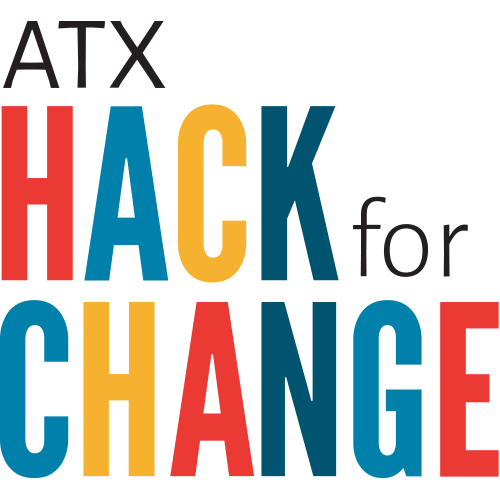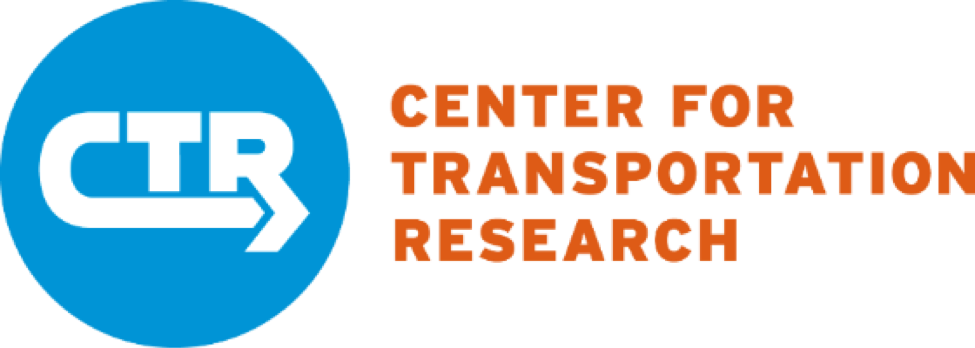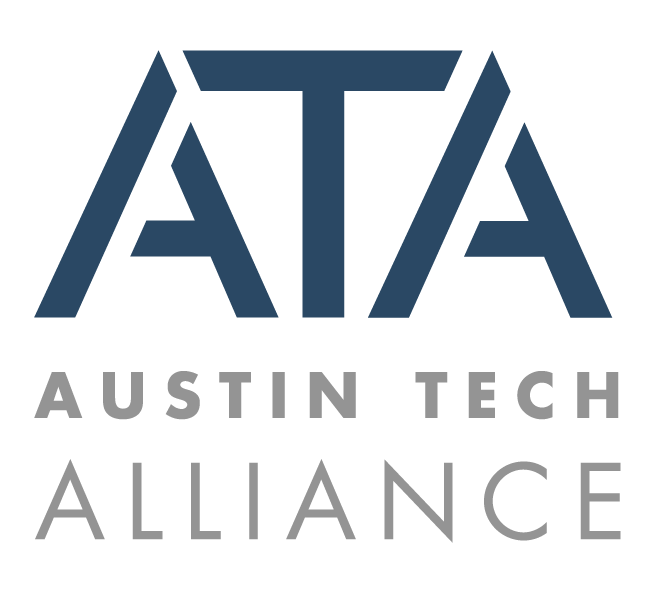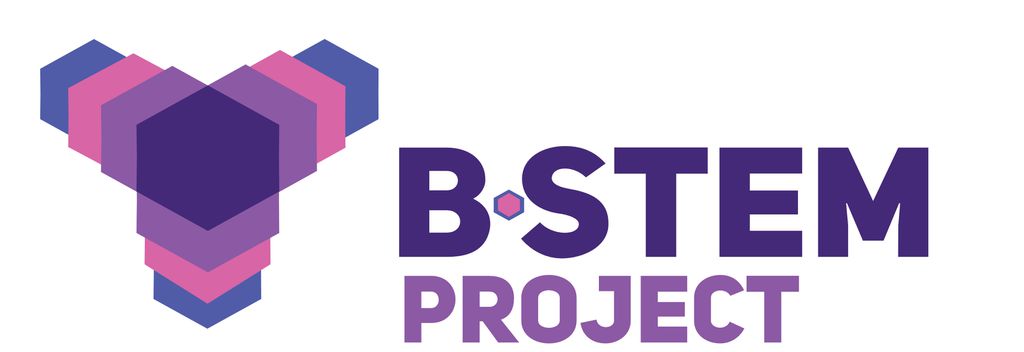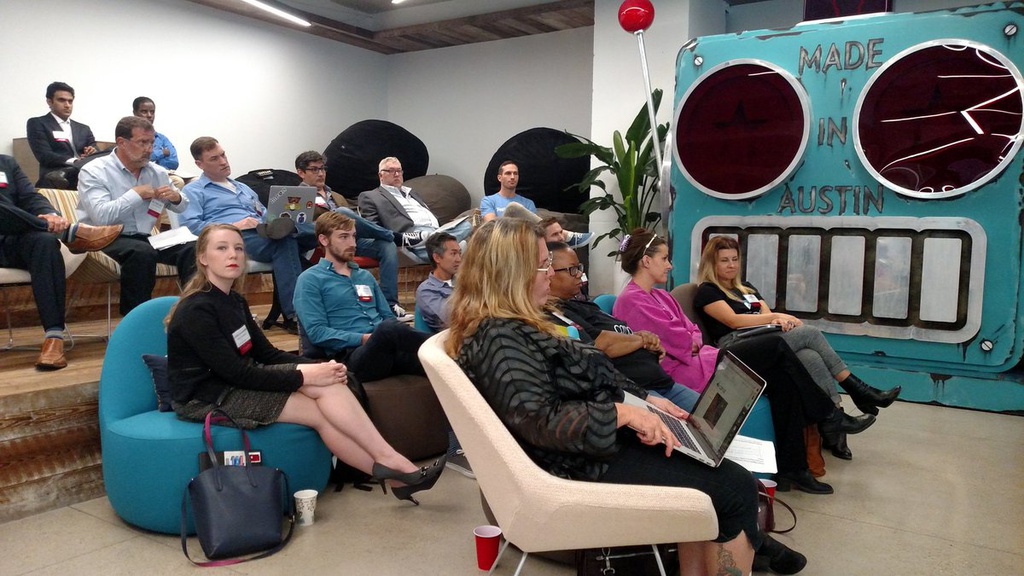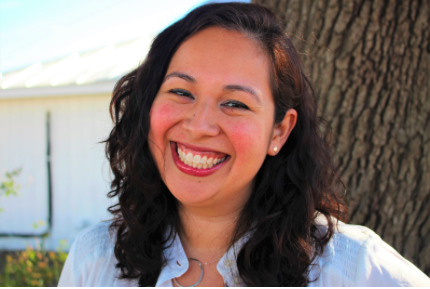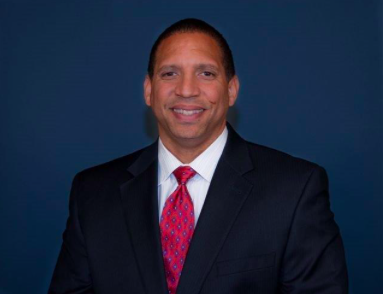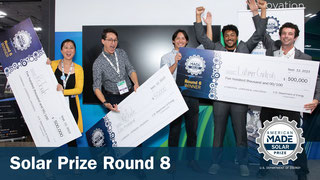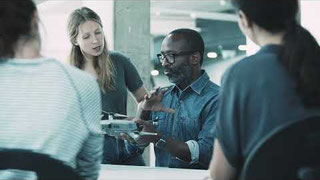Submission Requirements:
Submissions should include app concepts that address one or more of the five focus areas below:
Transportation
The City of Austin Transportation Department and the University of Texas Center for Transportation Research are sponsoring projects that utilize traffic data to improve Austin’s transportation system. A high-density network of traffic sensors will allow us to more closely monitor traffic conditions and will reduce our response time to issues. The data will enable planners to better understand traffic patterns and make data-informed design decisions. The traffic data we collect will also help our engineers identify and mitigate safety issues on roadways. Furthermore, we intend to make the sensor software and collected data publicly available so that research institutions, private companies, and the general public can help us derive new insights about Austin’s transportation system.
We do not have the IT resources to take on this project by ourselves, and commercial data collection solutions are prohibitively expensive. That’s why we’re seeking help from Austin’s incredible community of civic-minded technologists to help us achieve our goal. We believe strongly that, if successful, this project will lead to tangible improvements in Austin’s transportation system, and will represent a truly innovative approach to the deployment of community-driven smart city technologies.
Transportation Challenge Contacts and Mentors:

John Clary
IT Business Systems Analyst Sr.
Austin Transportation Department
John.Clary@austintexas.gov
(512) 974-3546
John Clary is a senior systems analyst for the City of Austin Transportation Department. He holds a master’s degree in geography from the University of Texas at Austin, and was a finalist for the Gerardus Mercator Loxodrome of the Year award in 2015.
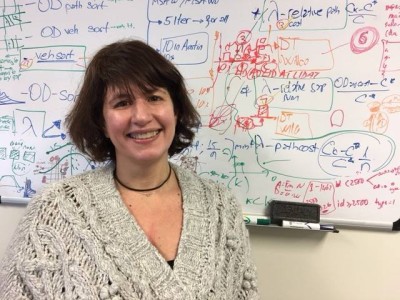
Natalia RuizJuri
Director of the Network Modeling Center
UT Center for Transportation Research
nruizjuri@mail.utexas.edu
512-232-3099
Natalia Ruiz Juri is the Director of the Network Modeling Center (NMC), where she leads the development and enhancement of advanced regional traffic modeling tools for their use in practice. Natalia’s research seeks to combine new data sources, advanced computational resources and modeling in order to enable more efficient transportation systems. In collaboration with the Texas Advanced computing Center (TACC), Natalia has developed a powerful tool for the visualization of advanced modeling results, and enabled the use of high-performance computing systems in real-world modeling. Natalia’s most recent research interest it the continued development of Data Rodeo, a collaborative effort with TACC to build an environment to promote replicable and transferable data-centric research by providing access to large and complex data from multiple sources.
Education
How might we use technology to create a learning experience that bridges social and geographical boundaries for Austin's next generation of civic leaders? We’re looking for a solution that leverages the accessibility and power of online virtual or augmented reality technology to help learners communicate, collaborate and create together.
Now is the time to transform learning through virtual and augmented reality (VR/AR). Accessible VR/AR tech has already transformed the way we play videogames in our own home. Soon, if not already, it will transform the way we shop, socialize, and work as well.
WebVR technology, like http://aframe.io, makes it possible for anyone to experience VR/AR through the Web and for anyone to publish their own VR/AR content online too. However, these applications require high bandwidth, low-latency, next-generation, gigabit speed internet connections to deliver a high quality experience.
How can students visit rich cultural heritage sites in Austin or around the world without a budget that supports leaving the classroom? How can young activists prepare for the experience of participating in a march or a movement for the first time without being in Washington, D.C. or Ferguson, MO? How might a nurse-in-training practice a rare medical procedure without a live patient in their hospital? How can we teach people to develop VR/AR applications of the future?
We’re looking for teams inspired to take advantage of the unique way that the technology can create new spaces and places for people to learn together, but also, to prepare and train our next generation of VR/AR developers through high-quality learning or training experiences. Learners and learning environments are not limited to any specific field, format, or age. Learning experiences in or out of the classroom, for youth, young adults, or folks in career transitions, or working professionals are all encouraged.
We’re looking for technologists, web developers, game designers, filmmakers, researchers, and industry leaders to design VR/AR learning solutions. We’re particularly interested in diverse and inclusive collaborations. How will your team include your users in the design and development process? User-testing your solution with your audience is key, but so is including them in the work. Recruit educators, students, and especially those underrepresented in technology fields.
As an innovator in the field of WebVR and from our experience supporting a community of educational leaders through the Gigabit Community Fund, Mozilla is excited to sponsor the education challenge for the City of Austin’s GigaTECHs Challenge.
Education Challenge Contacts and Mentors:
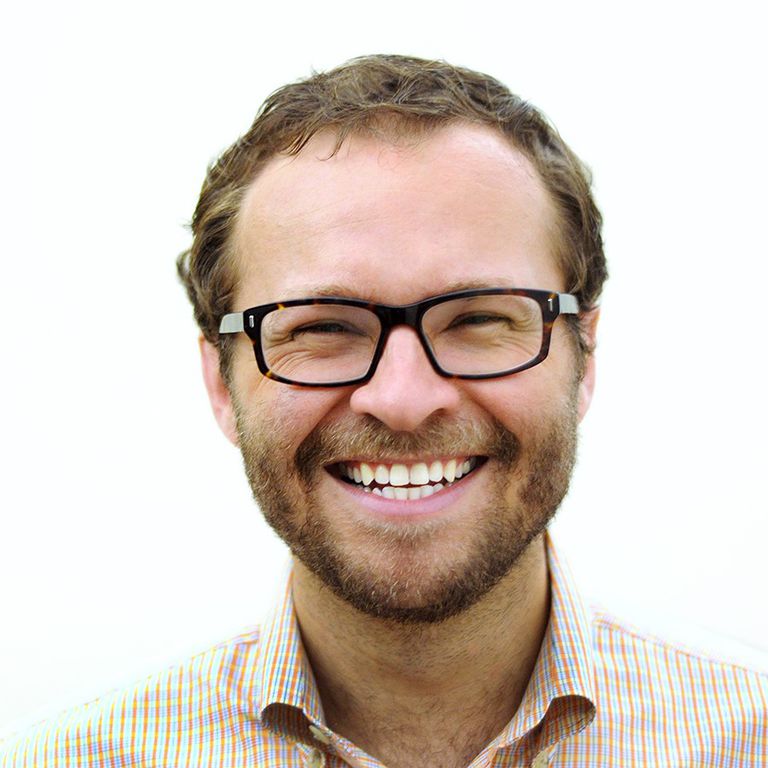
Robert Bryan Friedman
Portfolio Strategist, Hive Austin
@omnignorant and https://www.linkedin.com/in/robertbryanfriedman
robert@mozillafoundation.org
After completing a doctorate in Astrophysics, Robert joined the Adler Planetarium in Chicago to develop their new teen programs and make the museum more inviting to local youth. With support from Mozilla Hive Chicago, Robert created innovative, learner-centered, interest-driven programs to teach the web and bridge the digital divide, transforming the museum experience for hundreds of young people.
At Mozilla, Robert has supported hundreds of educators to transform their own programs and institutions; to create places where thousands of teens can feel at home and have a voice.
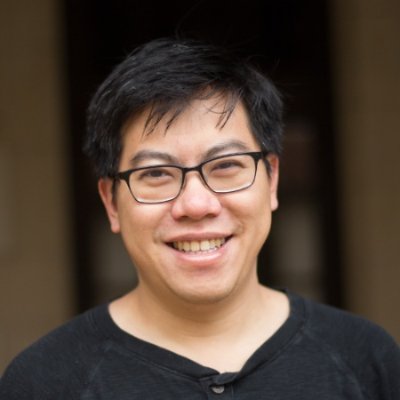
Joonyee Chua
Education and Outreach Group Senior Program Coordinator
Texas Advanced Computing Center
University of Texas
512-475-9448
jchuah@tacc.utexas.edu
Joon-Yee Chuah joined the TACC team in spring of 2016 as a Senior Program Coordinator for education outreach. He comes to TACC after fifteen years of teaching middle school and high school Computer Science, Mathematics and Robotics.
Clean Energy
Some possible ideas that Austin Energy might be interested in:
- An app that could the coincident energy between generation, wind/solar, and the energy use at a home. That would require a person to release interval data that they have access to via web based application, and combining it with wind generation, probably ERCOT supplied data, and/or solar from a person’s PV system. The concept being to try to use renewable energy when it is being produced.
-
An app that will show you your daily PV generation and alert you if the system stops producing or drops for no reason. Data can be correlated with NOAA sky cover to ensure no false alarms for heavily overcast days and will also show contribution of solar to energy use.
-
An app that can build a virtual ‘off the grid’ system for your home, combining solar, wind, fuel cell and energy storage
Clean Energy Challenge Contacts and Mentors:
John Trowbridge
Evaluation Engineer
Austin Energy
John.Trowbridge@austinenergy.com
512-482-5333
Health
The Austin Public Health Department is looking for civic-minded developers to focus their efforts on health information exchanges. Competitors interested in this opportunity should contact Philip Huang, MD:
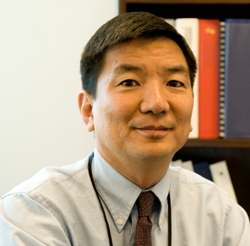
Philip Huang, MD, MPH
Medical Director and Health Authority
Austin Public Health
Philip.Huang@austintexas.gov
512-972-5855
Dr. Huang has served as the Medical Director and Health Authority for Austin Public Health since April 2008. Dr. Huang is also responsible for the Disease Prevention/Health Promotion Division, which includes Epidemiology, Disease Surveillance, Vital Records, Chronic Disease, Communicable Disease, and Immunizations.
Public Safety
The Austin Public Health Department is looking for civic-minded developers to focus their efforts on emergency notification systems. Competitors interested in this opportunity should also contact Philip Huang, MD at 512-972-5855 or by email: Philip.Huang@austintexas.gov
Prizes
The $38,000 GigaTECHs App Competition prize money will be awarded for two winning apps as follows:
- Designated winner(s) will receive an initial payment of $4,000 within 4-6 weeks of the final competition. Winning teams will need to register as a vendor with the City of Austin to receive funding. Instructions and support on that process will be provided to the winning teams.
-
The winner(s) will also be eligible for the remaining funds, at an amount to be determined by a panel of judges during the final phase of the competition. The judges will have a combined pool of $30,000 and will be asked to distribute those funds between winning projects in whichever ratio they deem appropriate based on the evaluation criteria.
-
Winning teams must meet two milestone goals to receive the additional funding allocated by the judging panel. 50% of the judges’ allocated funding will be disbursed after milestone one is reached, and the remaining 50% will be disbursed after the second milestone is completed. The details of each milestone will be negotiated between the winning teams and the U.S Ignite Smart Gigabit Communities Tech Lead. The Tech Lead will make final determination and sign off on all milestone deliverables.
-
The table below offers an example disbursement scenario. Please note that this is just an example and the actual funding scenario may result in different funding amounts being awarded to the winning teams:
| Example Disbursement Scenario |
Prize Winner A |
Prize Winner B |
Total Prize |
|
|
$4,000 |
$,4000 |
$8,000 |
| Judges determine the % allocation of the remaining $30,000 between the 2 winners |
60% |
40% |
100% |
| Milestone 1 Disbursement: 50% of Judges' awarded funds |
$9,000 |
$6,000 |
$15,000
|
| Milestone 2 Disbursement: 50% of Judges' awarded funds |
$9,000 |
$6,000 |
$15,000 |
| Total Prize Funds Awarded |
$22,000 |
$16,000 |
$38,000 |
Rules and Eligibility:
The GigaTECHs App Competition is hosted by the City of Austin, in partnership with U.S Ignite. This Agreement is between the City of Austin and the winner(s) of the GigaTECHs App Competition.
In order to participate in the final round of the competition, the winner(s) must agree that if he/she wins the competition he/she will only be awarded the financial innovation prize if the following conditions are met:
- You have read, understood and agree to the Financial Prize Disbursement Policy (detailed above in the prize section).
- Winning teams must reside in or have a business headquarted in the Austin Metropolitan Statistical Area (MSA). If selected as a winner, you will register as a vendor with the City of Austin. You also agree, if applicable, to register any associated business in the State of Texas. For more information on options and how to register, please visit the City of Austin’s Small Business Program website.
- You agree to use all funds received from the Prize directly toward development of the smart gigabit community application that was pitched as part of this GigaTECHs App Competition.
If requested, you agree to submit a notarized affidavit attesting to the fact that all City of Austin funds received by you and your associated business entities have been used solely toward development of the smart gigabit community application that was pitched as part of the GigaTECHs App Competition.
- Because the prize funds are paid for with public dollars there should be a commensurate public benefit. If selected as a winner, you agree to track the impact of your application and report it to the City of Austin for at least two years. Reports on impact will be shared with the public.
- Upon request, you agree to provide the City of Austin at least one written and/or video testimonial about the GigaTECHs App Competition and participate upon request in at least one related promotional activity, associated with the City of Austin’s Smart City initiatives.
- You affirm that you own the intellectual property associated with the business operation and application you are pitching in the GigaTECHs App Competition.
- You agree, if and when requested, to submit proof that City of Austin prize funding is being used solely for expenses related to the business that was pitched at the GigaTECHs App Competition in the form of receipts. You will submit this proof within two weeks of the request.
- If the City of Austin discovers that you have violated this agreement, the City of Austin reserves the right to refuse to disburse any remaining funds and demand the return of funds previously disbursed to the winner as part of this agreement.
- City of Austin employees may be eligible to compete in the competition, but most perform all work related to the competition outside normal City work hours. In addition, because the Office of Innovation, CTM and TARA are the administering departments for this competition, employees from those departments are not eligible to compete for any prize money.
- The distribution of any financial or in-kind prize is at the sole discretion of the City of Austin.
- This agreement shall be governed by the laws of the State of Texas.If the final judgment of a court of competent jurisdiction invalidates any part of this agreement, then the remaining parts shall be enforced, to the extent possible, consistent with the intent of the parties as evidenced by this agreement. To the extent allowed by Texas law, you agree that the City and you will be responsible for your own respective proportionate share of liability for damages arising out of or connected to its negligent acts or omissions in connection with this Agreement as determined by a court of competent law.
Judging Criteria
The judges will use the criteria and scoring rubric outlined below:
| Overall Impact |
Scoring |
| Rate the overall local impact this app is likely to make in one or more of the focus areas: Transportation, Education, Clean energy, Health and Safety. |
|
Low Marginal High
1 2 3 4 5 6 7 8 9 10
|
|
| How likely is the proposed app to be developed and deployed by Dec, 2017? |
Not at all likely Extremely likely
1 2 3 4 5 6 7 8 9 10
|
| Additional Criteria |
Scoring:
Poor Fair Satisfactory Good Excellent
1 2 3 4 5
|
| How well does the proposed app align with Austin’s Smart Cities Roadmap/Strategy? |
1 2 3 4 5 |
| How scalable is the proposed app to other Smart Gigabit Communities besides Austin? |
1 2 3 4 5 |
| How well does the proposed app leverage the high-bandwidth low-latency technology of gigabit internet? |
1 2 3 4 5 |
| Rate the capability of the team to create a deployable version of the app by December, 2017. |
1 2 3 4 5 |
| How well does the proposed app offer accessibility, inclusion, and/or direct benefit to the technologically under-served communities in Austin? |
1 2 3 4 5 |
| Rate the financial viability of the proposed app’s business model. |
1 2 3 4 5 |
For in-person presentations only:
Rate the overall quality of the pitch and/or app demonstration. |
1 2 3 4 5 |
*In the event of a tie, apps that address a challenge in two or more focus areas will be awarded 5 bonus points.
Criterion Context and Guidelines
-
Overall Impact:
Does the proposed app make a meaningful positive impact on the Austin community? We are looking for apps that make significant improvements in one or more of the five focus areas: Transportation, Education, Clean energy, Health and Public safety.
2. Overall Feasibility
How likely is it that the proposed app is developed and deployed by December, 2017? Consider the scope of the proposed project compared to the resources available. We don’t want to choose applications that are not likely to be implemented.
3. Smart City Strategy:
Apps that align with Austin’s Smart City Roadmap will help enable the City to
- Better engage society in diverse and inclusive relationships and partnerships.
- Lead collaboratively across disciplines and systems using networked infrastructure.
- Use integrated technology systems and data models.
For more information on Austin's Smart City Strategy, please visit the roadmap here: http://projects.austintexas.io/smart-city-strategic-roadmap/roadmap-layers/
4. Scalability:
Is there a larger market for the proposed app outside of Austin? Is the app likely to grow its user base to other U.S Ignite Smart Gigabit Communities (SGC)? Select SGC include: Cleveland, OH; Charlotte, NC; Burbank, CA; Salt Lake City, UT; Richardson, TX; Lafayette, LA; Flint, MI; Kansas City; Chattanooga, TN.
5. Gigability:
A next generation gigabit app is one that leverages the power of gigabit internet technology. How well does the proposed app leverage this technology? Advanced gigabit applications cannot operate reliably on current networks because of the speed limitations, responsiveness, or lack of advanced protocols. Gigabit apps require reliable throughput that exceeds the limitations of current broadband networks, responsiveness in the sub ten millisecond range that cannot be provided by cross country data-centers or unreliable network paths, and advanced networking protocols or layer 2 services outside standard layer 3 networks.
6. Team Capability:
Are the skillsets and resilience of the entrepreneur and their team sufficient to successfully develop a deployable version of their proposed app before the December, 2017 deadline?
7. Digital Inclusion and Accessibility:
A Smart Gigabit Community isn’t Smart because it leverages high bandwidth, low-latency internet technology. It’s Smart because it uses accessible technology to support an inclusive environment which makes the lives of everyone in Austin better and ensures no one is left behind. Some considerations: Is the app being developed or adapted to include diversity of language, culture, age and literacy? Is the app being developed or adapted to include disability accommodations? Is the app accessible on affordable devices?
8. Financial Viability:
How likely is it that the proposed app will generate necessary financing beyond the GigaTECHs App Competition prize money? Will the app generate earned income? Is it likely to generate additional capital from investors, lenders, foundations, donors, or philanthropists?
9. Pitch Quality (For finalists selected to pitch at the final in-person event):
How well did the competitor(s) present their concept and/or demonstrate their prototype? Did the competitor(s) present relevant information applicable directly to the judges’ criteria? Did the competitor(s) answer the judges’ questions? Was the team well prepared?



